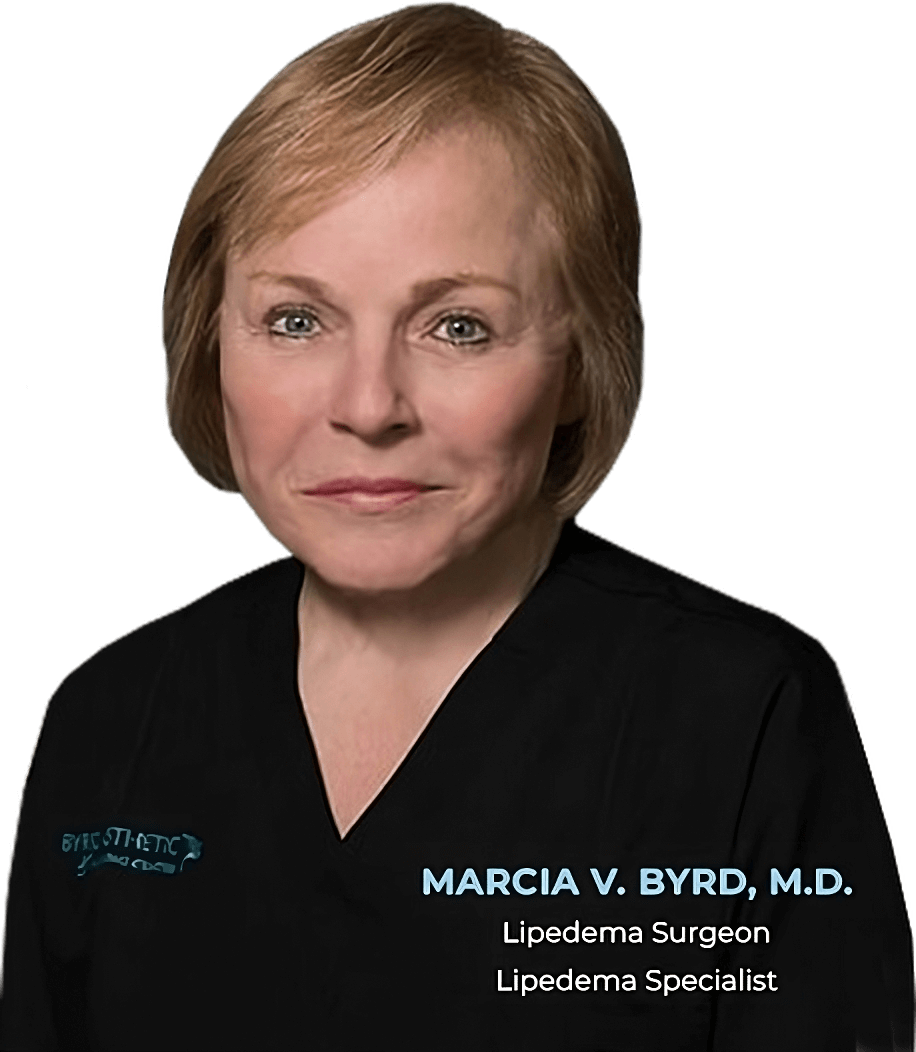The cause of lipedema is not known, but there is a family history of the condition in up to 50% of cases. The fact that it starts in puberty or pregnancy suggests that hormones have an influence.
Hormones. but doctors suspect female hormones play a role. That’s because the condition affects mostly women, and it often begins or worsens at puberty, during pregnancy, following gynecologic surgery, around the time of menopause, or when you’re taking birth control pills.
Genes. Scientists also believe genes are involved, because many women with the condition (20% to 60%) have family members with the condition.
Lipedema is a chronic condition that affects many individuals, particularly women. It is characterized by an abnormal accumulation of fat cells in certain parts of the body, such as the legs and buttocks, causing disproportionate swelling and pain. While lipedema is a complex condition, there are effective treatment options available, including lipedema surgery, lymphatic drainage, and compression therapy.
